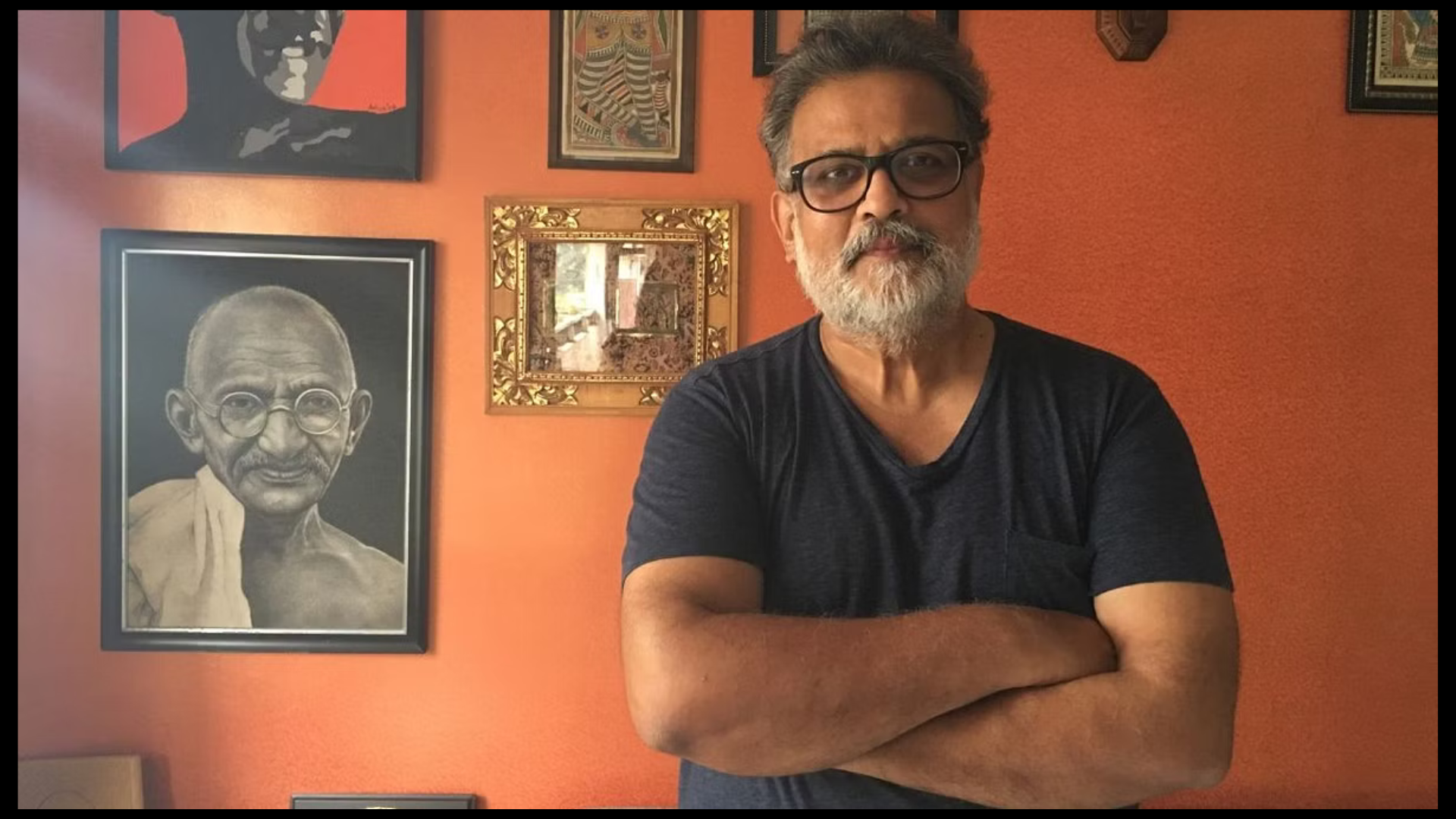“August 9, 2023 – Tushar Gandhi Detained on Commemorating Quit India Day in Mumbai.”
India, accepted as a proud and vibrant democracy, has long upheld its history of spirited debate and protest. Rooted in the legacy of its two-century struggle for freedom from colonial rule, the nation has cherished its commitment to the principles of open discourse and protest. The commemoration of the Quit India movement stands as a testament to India’s enduring spirit of resistance and the pursuit of self-rule. However, growing instances point towards growing intolerance in the country and they threaten to shadow the democratic narrative India always remained proud of. The latest example is the recent detainment of Tushar Gandhi and Teesta Setalvad on August 8, 2023, as they sought to honour Quit India Day. This incident impedes the right to free speech.
The Quit India movement was a milestone in India’s journey towards self-determination and it epitomises the essence of collective protest against oppressive colonial rule. Through the decades, the movement has served as a beacon of democratic assertion, inspiring generations to stand up for their rights and ideals. India’s legacy of protest has also inspired other nations to fight for self-determination and has been globally acknowledged as remarkable. Yet, in a disheartening twist of events, the detention of activists under the pretext of inspecting the nature of their activities reflects a thin line of intolerance that has been simmering in recent times. This tendency of intolerant behaviour and general suspiciousness not only undermines the principles of democracy but also threatens to stifle voices that would not necessarily agree with the present government’s views and beliefs.
The hard-fought battle for democracy that India waged in pursuing independence is now witnessing a concerning decline. Against the backdrop of events unfolding over the last decade, it becomes evident that India’s democratic and liberal foundations are suffering from systemic and systematic decay. The news of Gandhi’s detention was swallowed by the cacophony of mainstream news, but it is crucial to approach this issue with a discerning lens, focusing on the grave challenges that are surfacing within the nation. The democratic victory earned through striving and resilience appears to be under threat, with the once-celebrated virtue of tolerance giving way to an unsettling atmosphere of intolerance.
The detainment of Tushar Gandhi and Teesta Setalvad is not an isolated incident, but rather a symptom of a more significant issue plaguing the democratic landscape of India. At its core, this event is corroborating the shrinking space for dissent and the narrowing scope for civil society to engage in open dialogue. The very fabric of democracy, woven through decades of dedication, is fraying at the edges, prompting introspection and concern.
The foundations of democracy are rooted in the principles of inclusivity, dialogue, and the peaceful coexistence of diverse voices. India’s democratic journey has been marked by its ability to navigate through differences, uphold individual rights, and respect diversity. However, the recent events pose a critical question: Is democracy being compromised in the face of the normalization of intolerance? The nation’s democratic ethos, once a source of pride, now demands vigilance and concerted efforts to restore its vitality. The erosion of democratic values not only undermines the social fabric but also has far-reaching implications for India’s political stability and economic growth. The intent of this article is not to create panic but to identify the threats that have been posed to our governance.
In conclusion, the foundation of Indian democracy has faced a series of challenges in recent times, revealing concerning patterns that undermine its core principles. The turmoil in Manipur has shed light on the delicate balance between regional autonomy and centralized governance. The revocation of Article 370 in Kashmir raised questions about the unilateral alteration of a region’s special status, potentially setting a precedent for similar actions elsewhere. The initiation of a citizen directory in Assam, with its religious undertones, has sparked debates around inclusivity and the potential to marginalize certain communities.
The attempt to introduce dual citizenship has raised concerns about the differential treatment of citizens and its impact on the idea of equal rights. The beef ban imposed in various states has not only impinged upon individual dietary choices but has also been seen as an attempt to impose cultural preferences on diverse populations. Furthermore, the renaming of streets to align with more Hinduized names has raised concerns about historical revisionism and its implications for communal harmony. The altered syllabi in Indian schools and colleges with the erasure of caste politics, Mughal history and one-sided storytelling are all reflections of the challenges to the democratic values of pluralism, secularism, and equal representation. The issues are worrying and one must reflect on the need for a more vigilant commitment to upholding the essence of Indian democracy.
Image – The Quint

